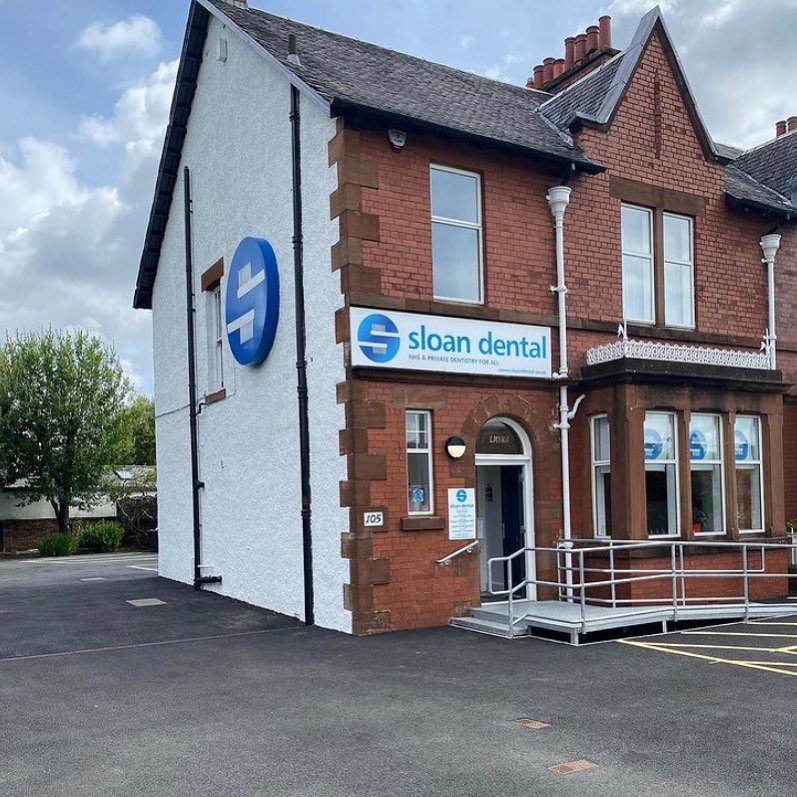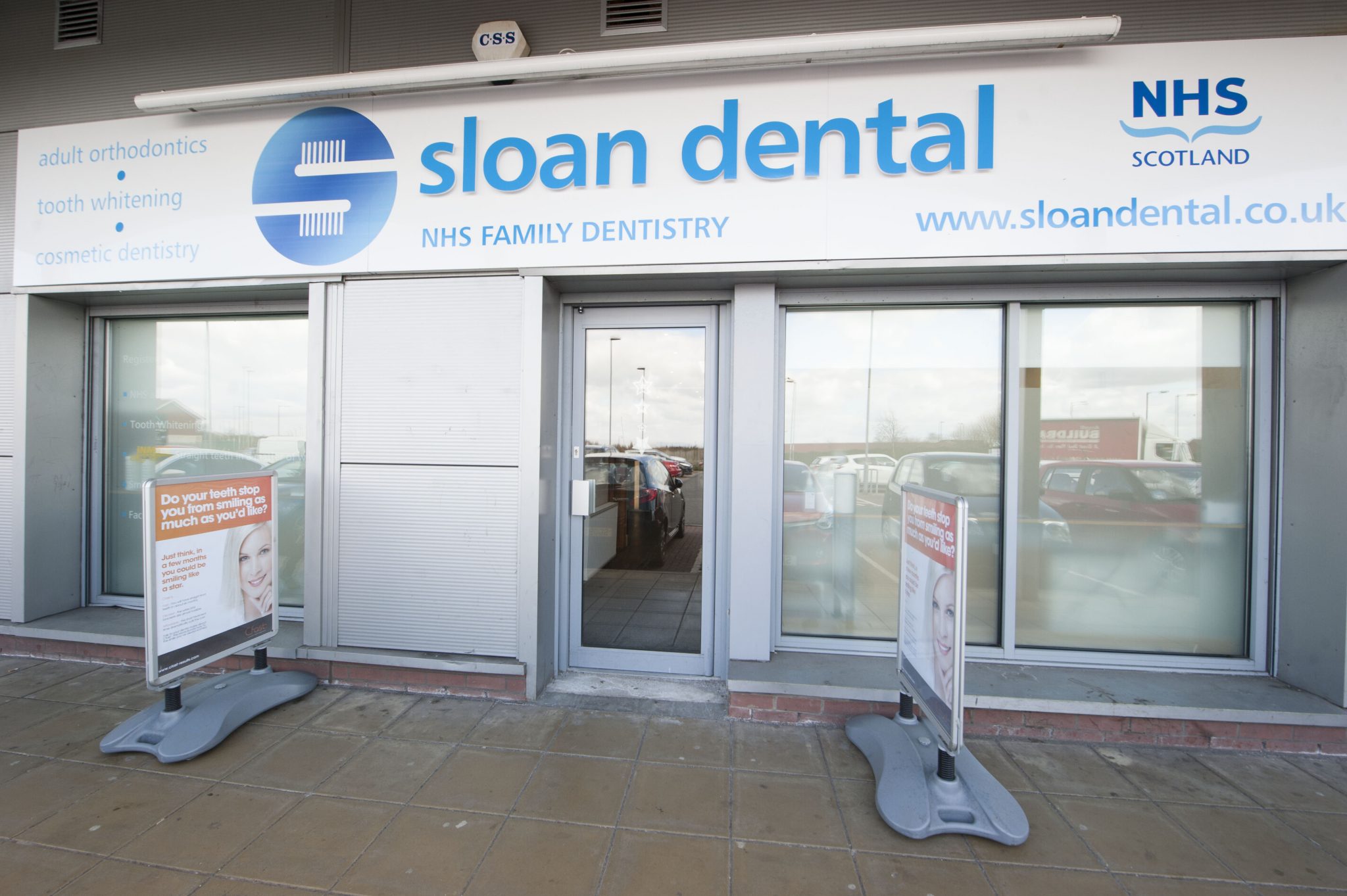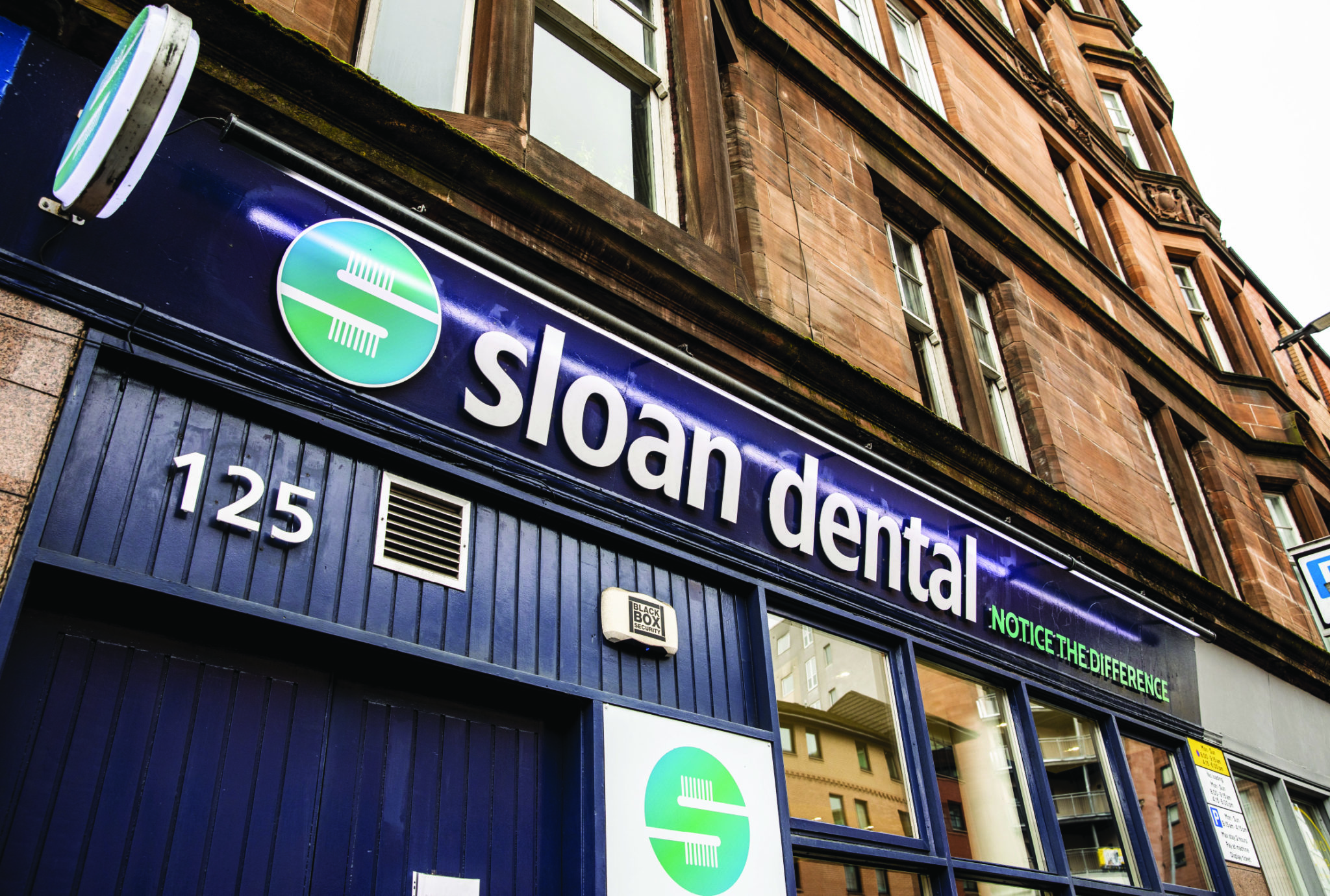The charcoal trend is everywhere. From teeth whitening to breath freshening, there is no shortage of products that claim to make you look and feel better. But is it safe?
Charcoal products claim to whiten teeth by absorbing stains, but this may be more marketing hype than reality. This blog will explore this trend in more detail and unpack the facts about charcoal toothpaste and other products.
What is charcoal toothpaste?
Charcoal toothpaste contains activated charcoal. It is sometimes mixed with other ingredients like baking soda to ramp up the teeth whitening credentials.
Some brands of charcoal toothpaste claim to whiten teeth by absorbing stains, but the reality is more complicated than this marketing hype would have you believe.
Activated charcoal is commonly used in medicine to help absorb toxins. For example, doctors might prescribe it in cases of accidental poisoning or drug overdose. Activated charcoal is very porous and able to absorb toxins in the body.
It seems that toothpaste manufacturers applied to same logic when developing activated charcoal toothpaste. Many people claim that activated charcoal is capable of absorbing staining particles and flushing them away. The charcoal also provides an abrasive quality that helps to buff away surface stains.
Is there any evidence that charcoal toothpaste works?
Brushing your teeth twice a day and flossing once a day is the gold standard in oral health care. Brushing with any toothpaste – even activated charcoal toothpaste – helps to remove some surface staining. However, brushing alone cannot help to lift deep-set stains.
In a 2019 study looking at the effectiveness of various tooth-whitening toothpaste, researchers found activated charcoal did not impact tooth shade.
Charcoal toothpaste may help remove surface staining, but it will not affect the shade of your teeth. In addition, the claims that activated charcoal will bind to stains and flush them out aren’t true.
Treating surface staining without addressing the shade of the underlying tooth structure won’t whiten your teeth. The only way to safely handle deep-set staining is with dentist-supervised teeth whitening.
Is charcoal safe for teeth?
Charcoal toothpaste and mouthwash you buy at the supermarket may be safe for teeth, but using DIY methods may not be. The primary concern with using DIY solutions to whiten the teeth is that these methods may be too abrasive.
Tooth enamel is delicate and prone to erosion, particularly if you have a very acidic diet. And once it is gone, you can’t get it back. Therefore dentists recommend that you never scrub your tooth enamel with harsh or abrasive substances.
The charcoal particles in DIY toothpaste can irritate the gums, get caught in the gum line, and damage the enamel. If you decide to use a whitening charcoal toothpaste for surface staining, try limiting it once or twice per week.
Does charcoal mouthwash do anything?
Charcoal is not the answer for bad breath. Bad breath is caused by bacteria that live in your mouth, usually due to poor oral hygiene, medical conditions or certain medications.
It’s an attractive idea that charcoal mouthwash would be able to “absorb” these odour-causing bacteria and flush them away, but the reality is not that simple. A specialist mouthwash like CB12 would be better to help tackle bad breath.
If it’s whiter teeth you’re looking for; sadly, there is no evidence that charcoal mouthwash will change the shade of your teeth.
What is the best way to whiten teeth?
If you decide you want to whiten your teeth, the best method is through dentist-supervised teeth-whitening. Only dentists can prescribe teeth whitening substances such as hydrogen peroxide and carbamide peroxide. Therefore, anyone else offering this treatment may be doing so illegally or using substances that aren’t as effective.
In some cases, the methods may also be damaging. For example, over-the-counter teeth whitening kits may contain dangerous levels of a substance called sodium chlorite.
Sodium chlorite can reduce the hardness of your teeth and increase the risk of surface abrasions. These kits are often sold as an alternative to hydrogen peroxide teeth whitening, making them less effective and more likely to cause damage.
If you’re looking to whiten your teeth for a special occasion, we recommend professional teeth whitening. You can manage the treatment from home and top up your teeth whitening as required. Dentist-supervised teeth whitening is safe, highly effective, and far less likely to damage your teeth.




